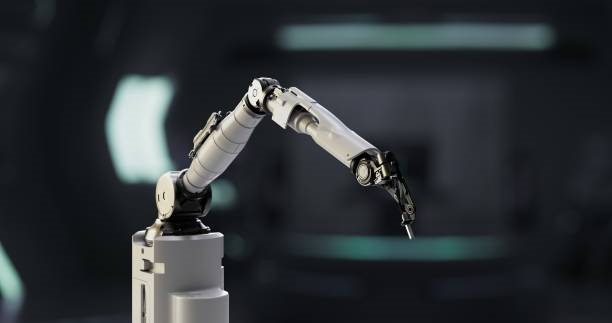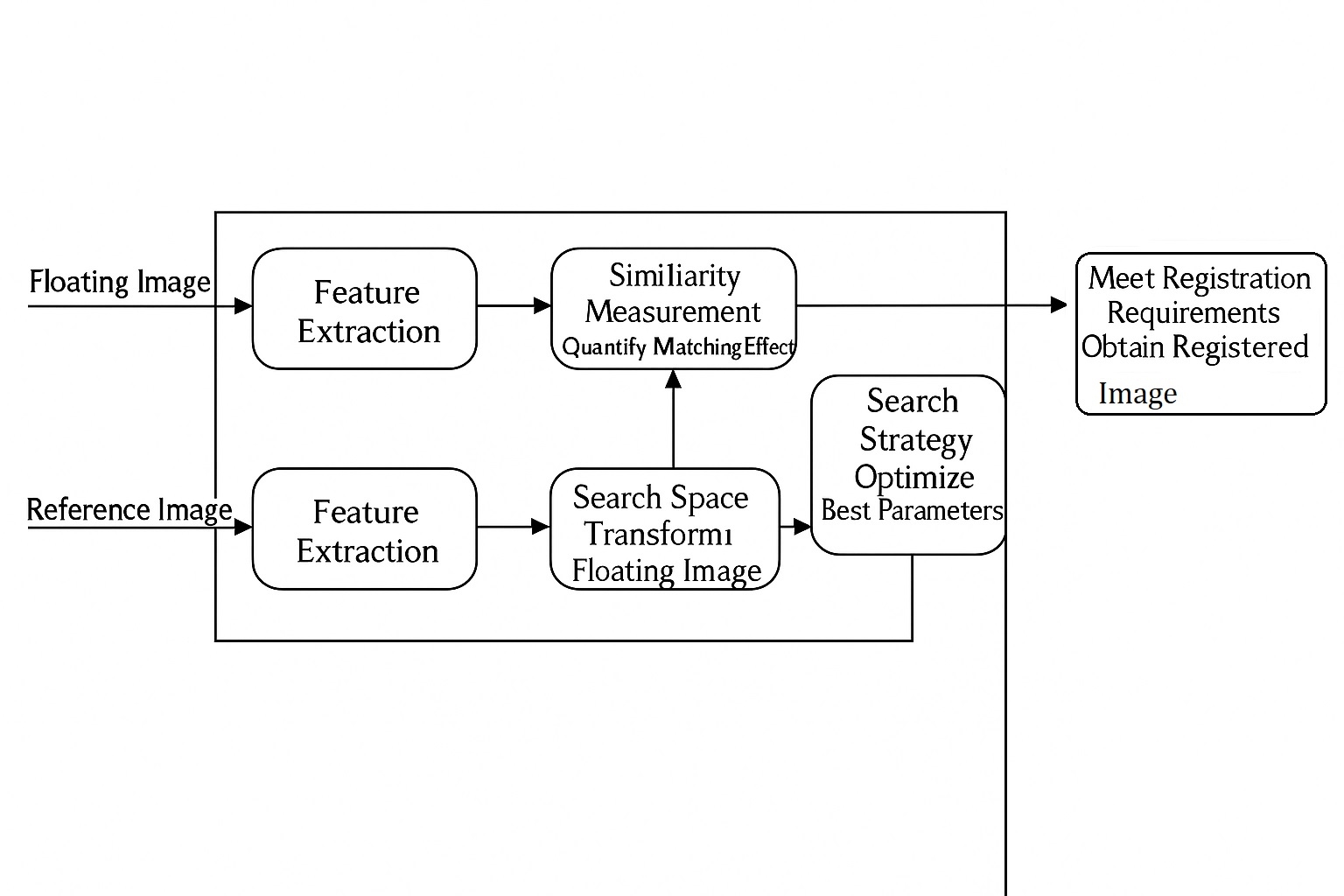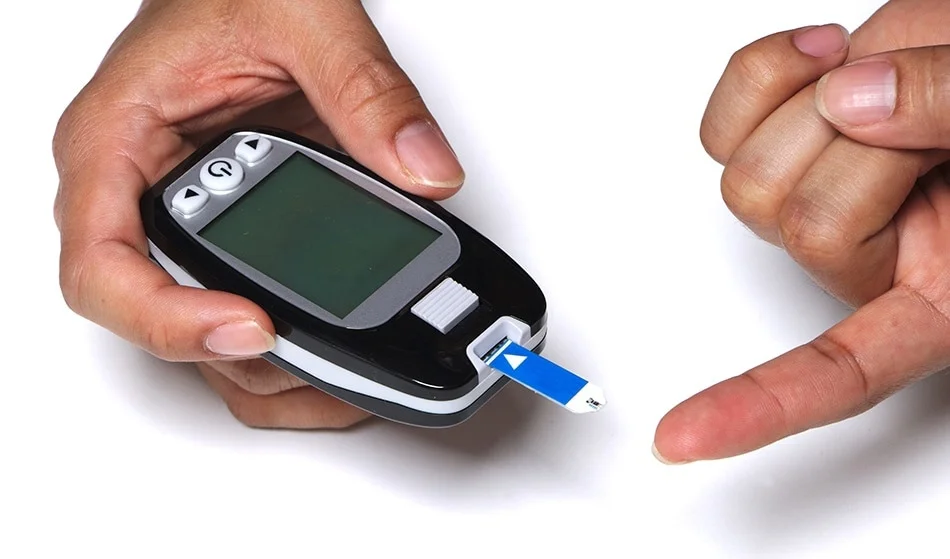Zhejiang Cancer Hospital and Alibaba DAMO Academy have launched DAMO GRAPE, the world¡¯s first AI model for gastric cancer screening. This model uses non-contrast CT scans to identify early gastric cancer lesions, improving detection rates in a large-scale clinical study involving nearly 100,000 patients across 20 hospitals in China.
The research was published in the journal Nature Medicine on June 24, 2025.
According to the National Cancer Center of China, approximately 360,000 new gastric cancer cases are diagnosed annually, with 260,000 deaths, ranking third among malignant tumors. Early detection and intervention can increase the 5-year survival rate from below 30% to over 90%.
Technical Breakthrough in CT Imaging
Non-contrast CT scans are typically considered unsuitable for examining hollow organs like the stomach. The research team overcame this by creating the largest multi-center dataset of gastric cancer CT images. They addressed challenges such as varying stomach shapes, interference from internal contents, and early lesions confined to the mucosal layer.
The DAMO GRAPE model achieved a sensitivity of 85.1% and specificity of 96.8%, surpassing radiologists by 21.8% and 14.0%, respectively. This enables non-contrast CT scans to detect early gastric cancer, advancing multi-cancer screening capabilities.
Screening and Detection Strategy
The study introduced a new approach to gastric cancer prevention. The AI model initially screens abdominal non-contrast CT scans, and high-risk patients identified by the AI undergo confirmatory gastroscopy.
In simulated opportunistic screening trials at two regional hospitals, the DAMO GRAPE model accurately identified high-risk gastric cancer patients, achieving detection rates of 24.5% and 17.7%. Approximately 40% of detected cases were asymptomatic patients.
The model addresses a gap in opportunistic early gastric cancer detection during imaging examinations, according to Hu Can, a gastric surgery specialist at Zhejiang Cancer Hospital.
Retrospective Analysis and Early Detection
The team conducted a retrospective analysis of CT images from 11 patients taken before their gastric cancer diagnosis. The AI model detected gastric cancer 2 to 10 months earlier than standard methods.
For example, a 45-year-old patient diagnosed with locally advanced gastric cancer via gastroscopy had undergone a chest-abdominal non-contrast CT scan six months earlier for another condition, with no abdominal abnormalities reported. When the earlier scan was analyzed by the AI model, it identified a gastric cancer lesion, suggesting the potential for earlier diagnosis and treatment if the AI had been used.
Future Deployment
Zhejiang Cancer Hospital and Alibaba DAMO Academy plan to implement this AI technology for large-scale gastric cancer screening in regions like Zhejiang and Anhui, with intentions to expand further.
 ALLPCB
ALLPCB







